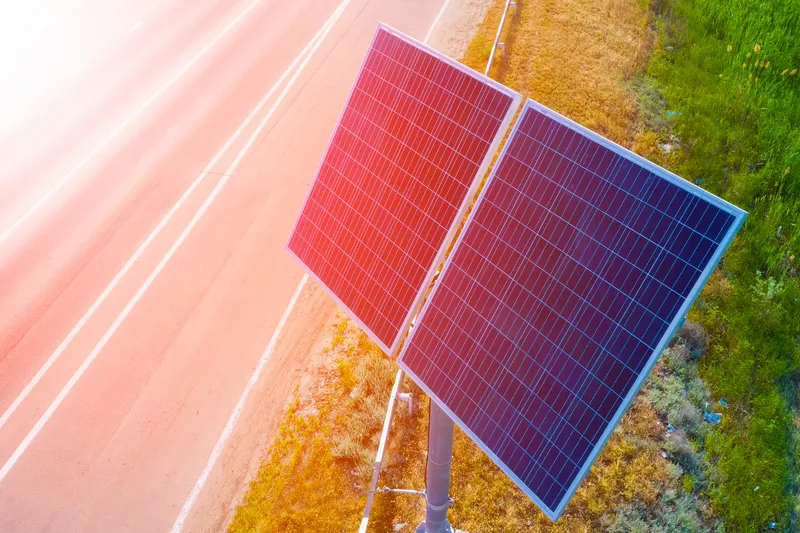Visteon is expanding automotive component testing capabilities at its engineering test centre in Brazil, one of the most advanced automotive technical centers in Latin America. The Visteon Tech Centre, located at the company's Arbor manufacturing facility in Guarulhos (SP), will now start performing thermal cycle tests on internal and external components for vehicles.
May 16, 2012
Read time: 1 min
"The thermal chamber simulates extreme climate and environmental conditions, and has been equipped with six new solar panels, broadening the spectrum of tests that can be performed," said Andreas Jancso, director of Visteon's climate group for South America.
The six new panels were developed by the company's engineering team. With the expansion, vehicle manufacturers will be able to perform thermal tests locally, reducing the cost and time of performing certain tests outside of Brazil. Visteon says the test centre also offers a fast, cost-efficient alternative to on-highway evaluations, reducing the time required for certain tests from months to a few weeks, Jancso said.










